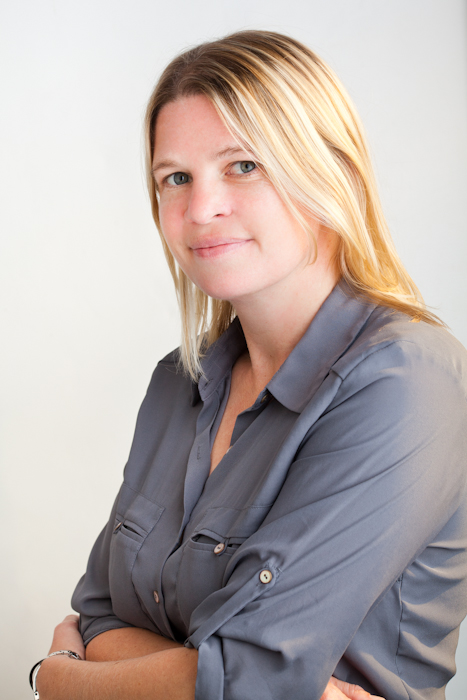The relationships we have with our own self, and with other people, are a crucial part of what makes us human. We have evolved as social beings, and it has been speculated that our domination of the planet is as a result of us being able to share ideas and concepts with large groups of fellow humans. We have complicated social dynamics within our own unique social hierarchies - we may be a different person with our friends, our colleagues, our parents or with our boss.
We learn about relationships primarily from those around us when we are growing up - when we are small, our immediate worlds are small, and the adults in our child world often constitute most of it. Probably that is our parents and siblings , or a variation of that. As children we absorb the behaviours of those closest to us, and then either mirror them, adapt them or reject them. If our caregivers spend a lot of time arguing and putting each other down then that's what we see and that's what we learn from. If Mum and Dad or our variation of caregivers are broadly kind, respectful and supportive of each other then we are more likely to expect the same from our own relationships. If Mum nags and Dad is contemptuous back on a frequent basis, then again, this is our first lesson in relationships. These early impressions of relationships can go on to form deep, unconscious beliefs about how we relate to each other within relationships, and we can then echo these behaviours in our own relationships and with our own children.
As a therapist I see time and time again the echoes of past relationships whether from our parents, or with previous partners reappear again and again in current relationships. It can take a great deal of self-awareness perhaps worked on in therapy to recognise these patterns of learnt behaviour, and to recreate a model that works for us. It can be useful to go back and examine these early relationships that would have been around when we were young - what messages did we learn from these?
It can be very hard to talk about our relationships with the other person involved. We may not want to upset them or anger them, there's a possibility there will be communication barriers, but it can also help us understand ourselves and the other person.
We are each the product of our completely unique set of experiences. This means that however much we might think we are objective, our experiences will always give us a subjective view of the world. It can be useful to think of ourselves as bringing our unique set of baggage to a relationship, and the other person bringing theirs. Once we have set that baggage down in front of us, we seek to communicate with the other, but we can only see the world through the filter of what we know, and they can only see it through what they know. It can be a challenging task to put aside our own experiences and truly hear what the other is saying. We may react before we can truly hear, and this is often a flashpoint that I see in couple relationships.
To empathise with the other and understand their point of view can not only improve certain relationships but offer an understanding of ourselves and some of the aspects that make us each unique.
This article was originally published as part of welldoing.org's partnership with Health Unlocked

